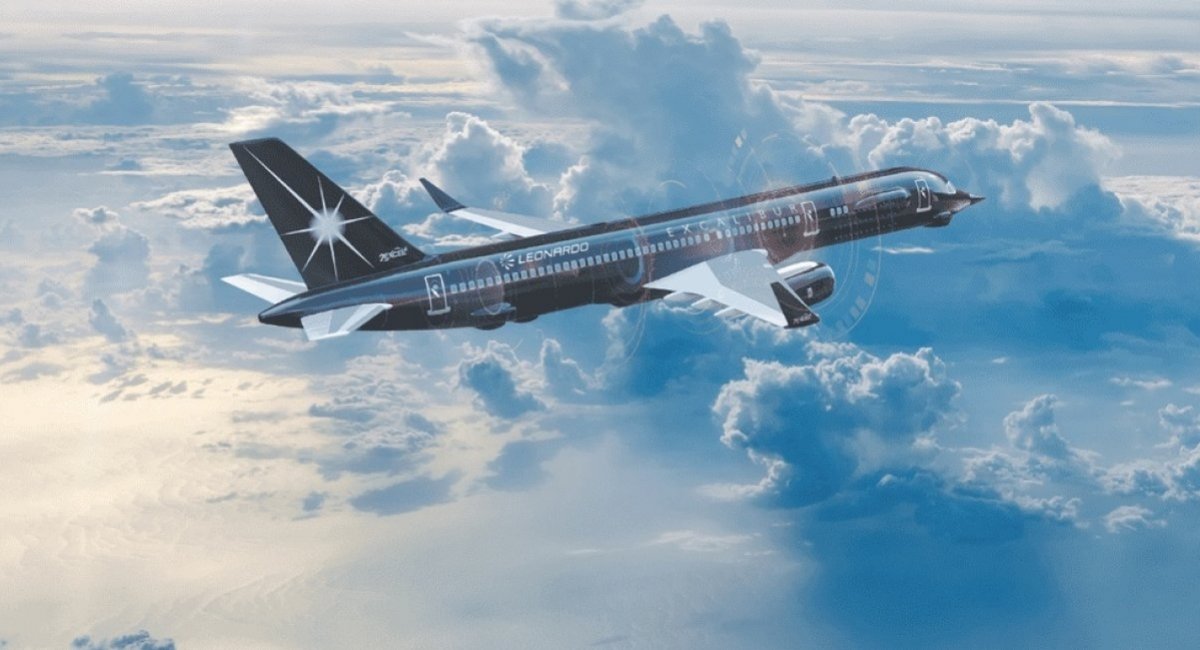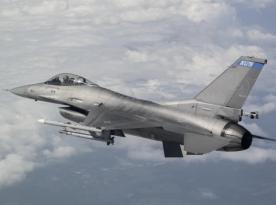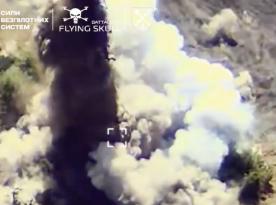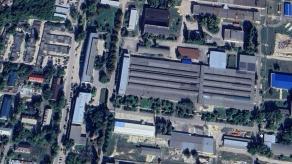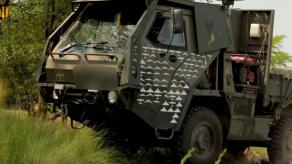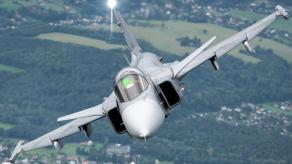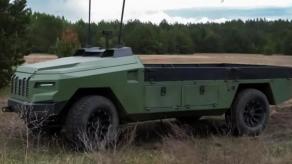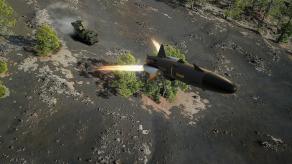Creating the Tempest sixth-generation fighter jet necessitated producing a special kind of aircraft. Named Excalibur, a standard passenger airliner Boeing 757 was turned into a flying test bench under the Global Combat Air Programme (GCAP), led by the United Kingdom, Italy, and Japan.
At this stage, Excalibur mainly received only special nacelles that will house the Integrated Sensing and Non-Kinetic Effects & Integrated Communications Systems (ISANKE & ICS) and change even more later on, Defense Express reports citing a press release by Leonardo, the manufacturer closely involved in creating these electronic systems.
Read more: Just Like in America 38 Years Ago: russia Re-Invents Flat Nozzle For Su-57's Engine
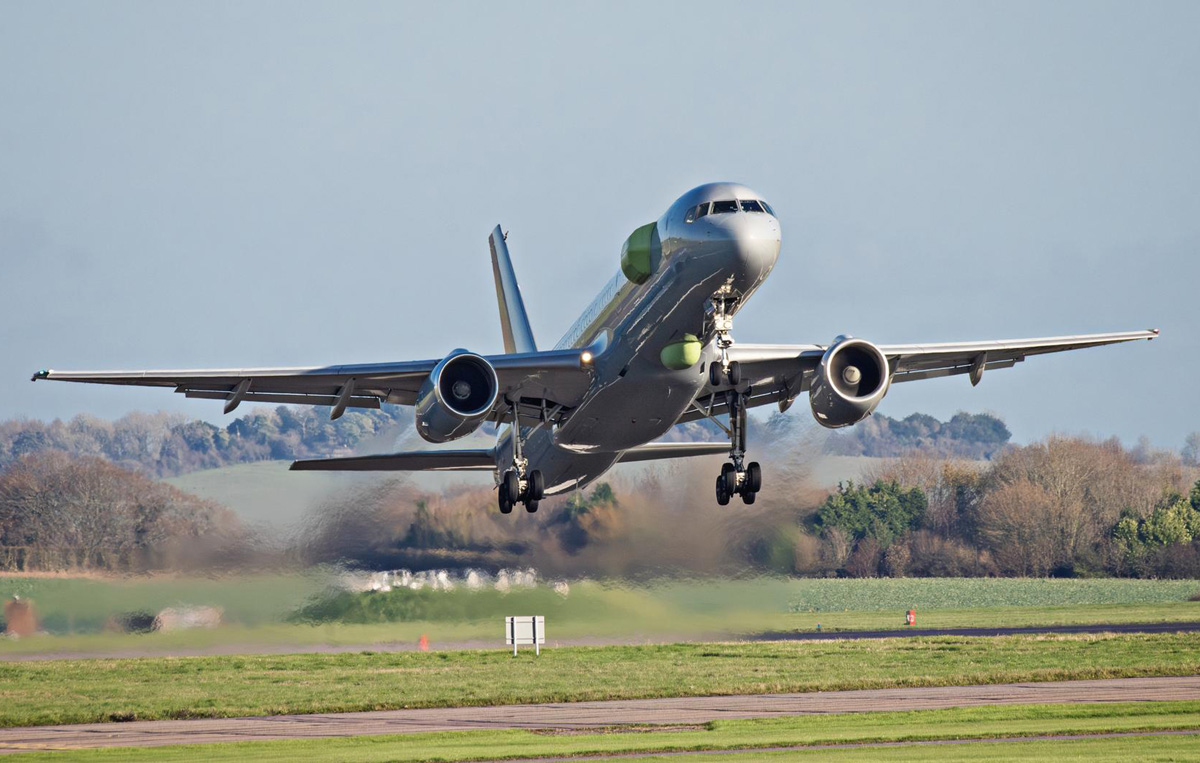
Currently, Excalibur has completed the first phase of modification and flight tests. The production cost of Excalibur is estimated at $150 million.
In the future, other systems of what's to become the Tempest 6th-generation fighter will be installed onto Excalibur for flight testing. For instance, the nose of the Boeing 737 will be replaced with the original one of the prospective fighter, then a variety of electro-optical sensors that will also be placed in the front part of the fighter's body. Two more protrusions should appear to the left side of the hull, and two more sensors under the fuselage closer to the tail.
Additionally, besides the workplaces for technicians and engineers, Excalibur will integrate a whole virtual cockpit of the future fighter. Considering that the basic Boeing 757 can stay in the air for about 8 hours, the personnel on board will have more than enough time to work on the systems of the cutting-edge fighter.
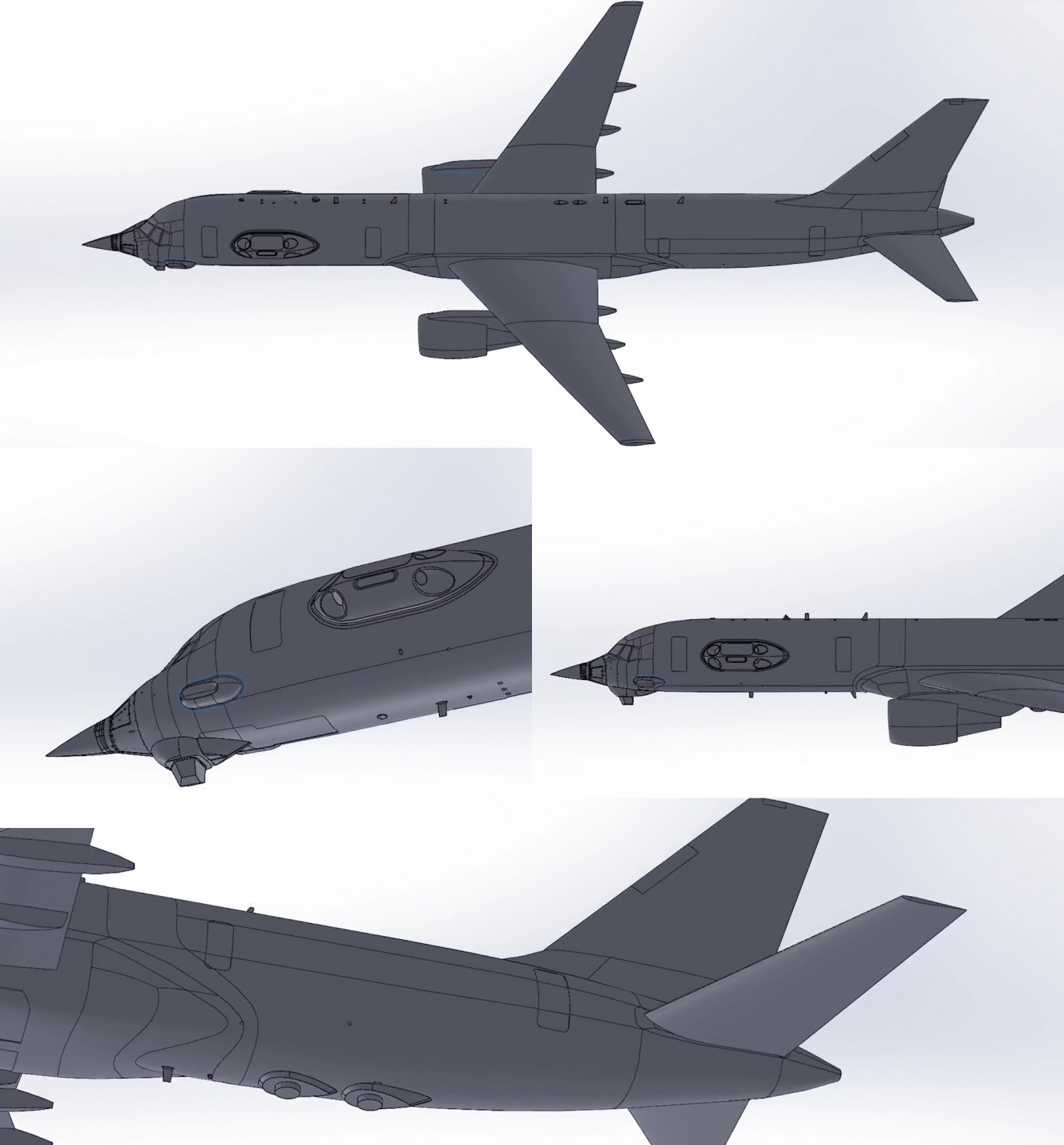
For a reminder, the Tempest project aims to overtake the FCAS (France, Germany, Spain) in the race to create a sixth-generation fighter jet. Tempest's first flight is scheduled for 2028, and the finalized mass-production version should enter service with the respective nations in 2035. Meanwhile, the mentioned FCAS is still stalling so much that the French Safran fears losing competence in engine development.
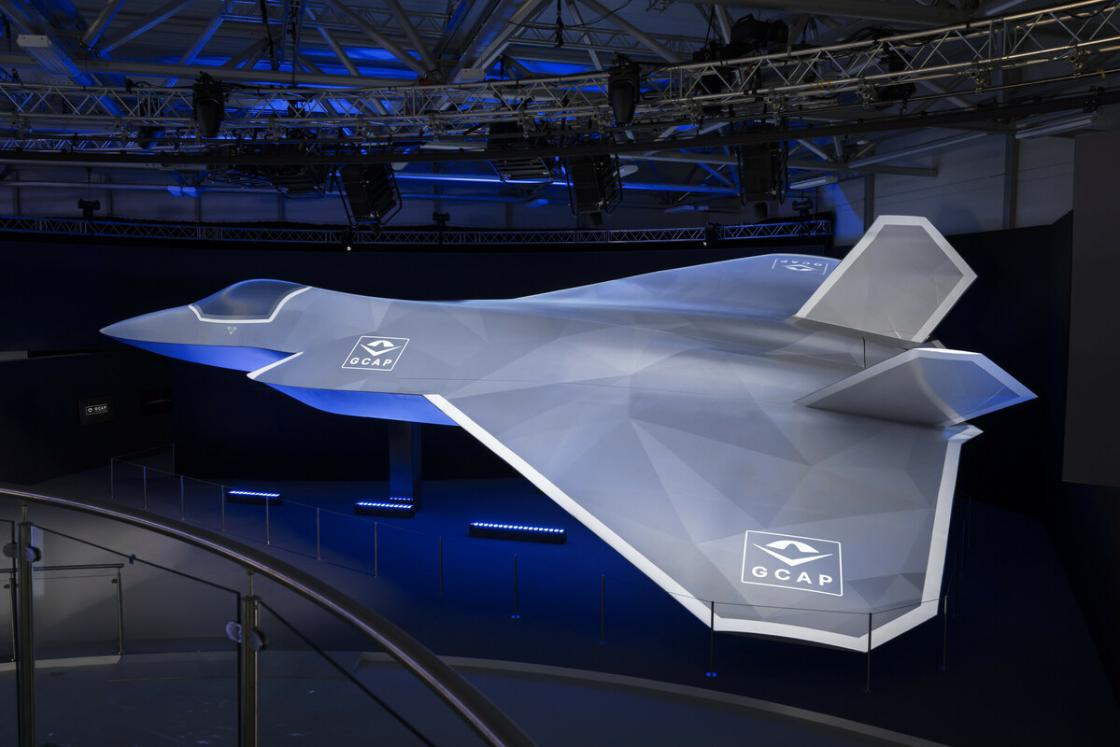
Read more: MiG-29SMT Deal With Algeria Slowly Falls Apart As russia Loses Another Customer Amid the Ukraine War




